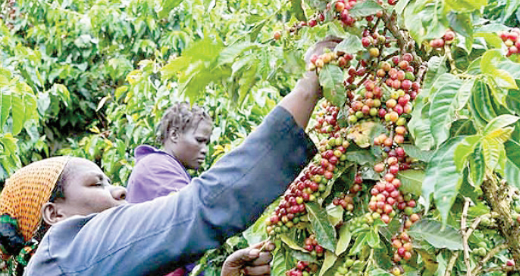Guard farmland from wanton urban sprawl

The rapid transformation of Kenya’s prime coffee-growing land into real estate developments is a trend that warrants immediate attention from stakeholders.
While urban expansion and the demand for housing are inevitable aspects of our economy, the swift conversion of agricultural land, particularly coffee farms, poses significant threats to the nation’s agricultural heritage and economic stability.
In recent years, areas such as Kiambu County have witnessed substantial portions of coffee plantations giving way to housing projects. For instance, a real estate developer plans to clear over 300 acres of coffee plantations in Gatundu South to pave the way for 10,000 modern housing units. This development, while addressing housing needs, raises concerns about the sustainability of coffee farming in the region.
The allure of immediate financial gains from selling land to developers is understandable. However, this short-term perspective overlooks the long-term benefits of coffee farming, and the opportunity cost is an open secret.
Take the Nairobi Coffee Exchange data. Since the auction reopened on August 15, 2023, over 56.7 million kilos of clean coffee have been traded, resulting in payments of $241.8 million (Sh37.9 billion) to farmers between October 2023 and January 2025. These figures underscore the profitability and potential of coffee farming when managed effectively.
Therefore, to counter the trend of converting coffee farms into real estate, several measures can be considered. Local governments must weigh implementing zoning regulations that protect agricultural land from unchecked urban development. By designating specific areas exclusively for farming, authorities can preserve the agricultural landscape and ensure food security.
Providing financial incentives, such as subsidies or tax breaks, to coffee farmers would enhance the appeal of maintaining and investing in coffee cultivation. Access to affordable credit and modern farming equipment can also boost productivity and profitability.
Further, innovative approaches, like agritourism, can also be used to diversify income streams for farmers. Fairview Coffee Estate is an example of how coffee tours work, offering visitors an immersive experience in coffee production.
Kenya must balance the need for housing with the preservation of coffee farms.












